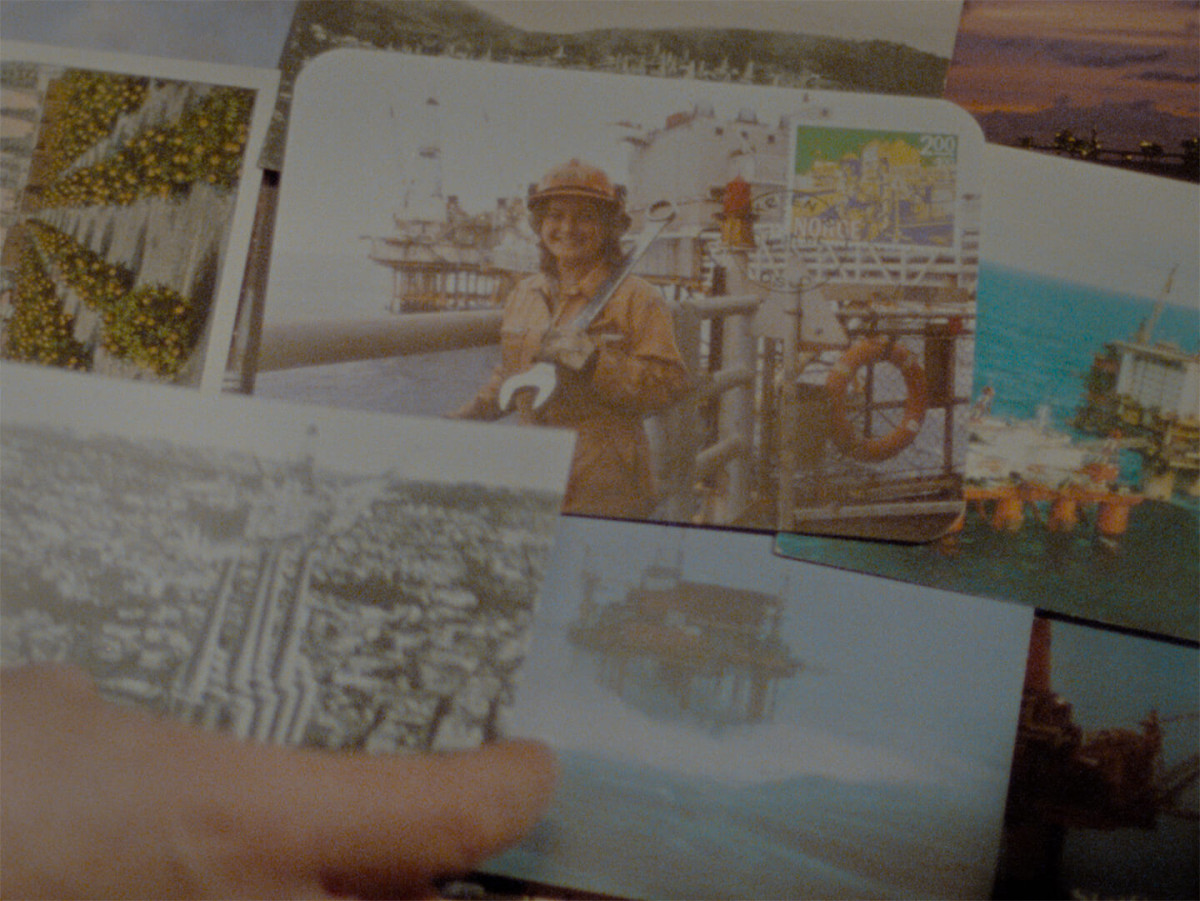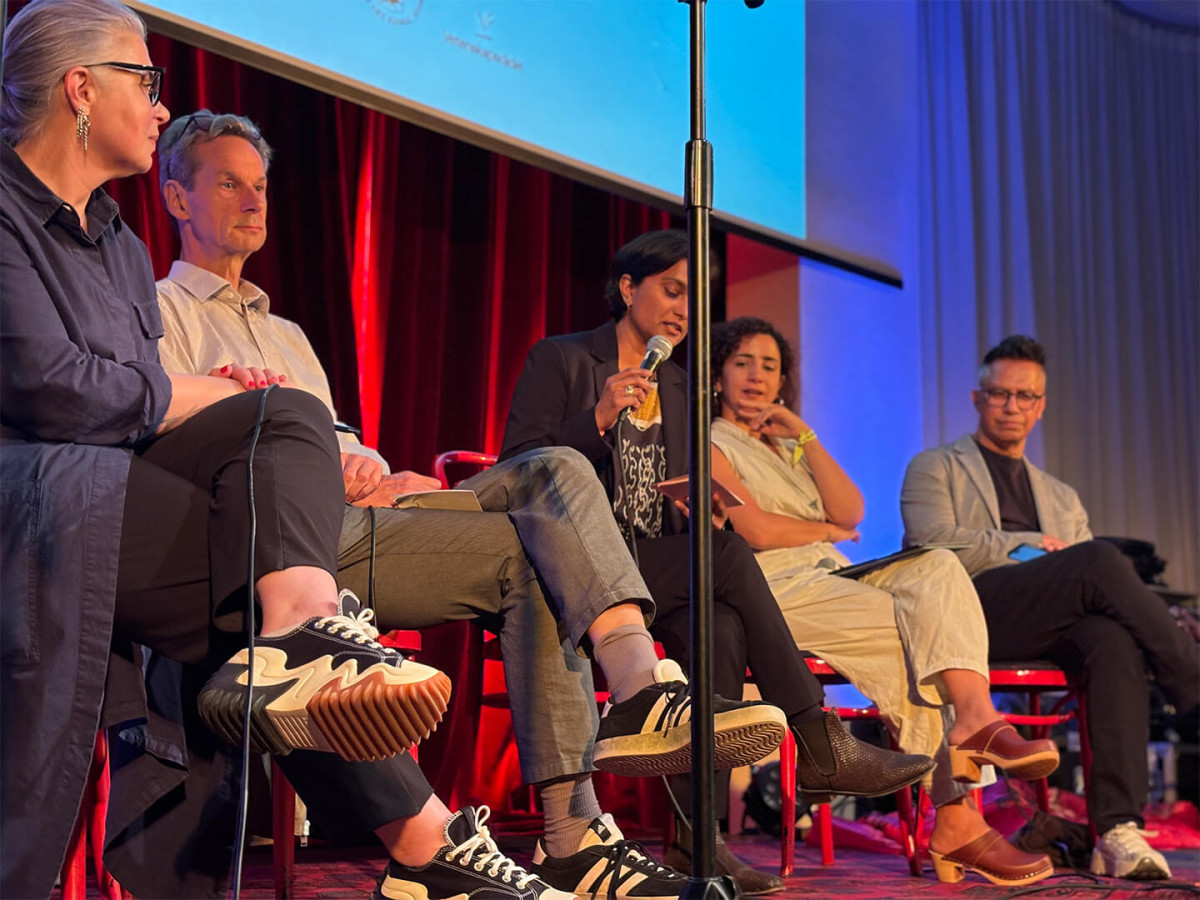CAPIm Summer School 2026 – Studies for a Potential History
June 28–July 6, 2026 | Marseille, France
The 2026 edition of the CAPIm Summer School gathers artists, curators, architects, and artistic researchers in Marseille to explore the political imaginary through Ariella Aïsha Azoulay’s notion of potential history. Using SHED’s publishing catalogue as a point of departure, the program invites participants to collectively unlearn imperialism and consider how artistic research can repair and reimagine shared worlds.
Over nine days, the Summer School hosts workshops with invited artists and theorists—including Azoulay—alongside participant presentations, close readings, collective meals, and a public evening program curated by Arthur Eskenazi. Rooted in Marseille’s complex histories of migration, extraction, and empire, the gathering unfolds in close collaboration with local cultural structures such as Artagon Marseille and SHED Publishing.
Free and held in English, the program covers travel, accommodation, mid-day meals, and materials. Fourteen participants will be selected through an application process open until January 10, 2026. Apply here.



